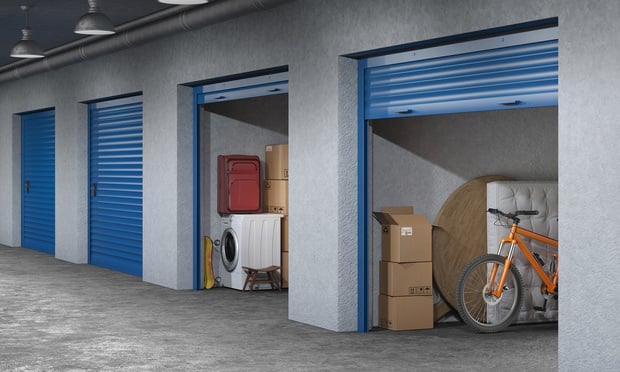Supply chain troubles, inflation and more have added dismay on top of delays in the commercial real estate construction sector. Developers and contractors have been forced to adapt with better sourcing strategies, planning and anticipation. "It's a work in progress", notes Jerod Bauer, director of construction at HALL Structured Finance (HSF). HSF is the private lending division of HALL Group, a Dallas-based real estate developer, and has an over $1 billion portfolio of construction loans.
"We are seeing price escalation and delays on every project within our current portfolio and most of the deals in closing. These unforeseen issues make closing loans even more challenging, but HSF underwrites our deals differently than traditional lending. We look at the deal through the eyes of a developer because of our own development activities," Bauer continues.
"We're still trying to figure out where the dust settles for CRE construction regarding supply chain disruptions," Bauer says. "It was a big hurdle in late 2021 and early 2022, but now we're seeing some price stabilization and people are more proactive in dealing with long lead-time items so they can reduce the impact of those issues."
Recommended For You
"We are still seeing a lot of pressure on general and subcontractors involving work that was bought out pre-pandemic or shortly after, before anyone was aware these issues were coming down stream. We're seeing contractors walk away from the projects leaving the developers left holding the bag," Bauer notes. This has caused the industry to constantly have to verify pricing when creating a development budget. Normally a developer or lender would request a pricing update after six to eight months, but now if we don't get pricing refreshed within the current quarter there could be big overages.
The lack of skilled workers has plagued the construction sector for a decade before COVID-19 hit. For Bauer, the issue goes well beyond competitive wages.
"Skilled labor is not going to be resolved anytime soon," he says. "We just do not have enough people getting into this field. We haven't emphasized how respectable it is. The construction industry deserves more credit for what it takes to build a building. It takes the coordination of 3,000 to 4,000 people to build a $10 million big box retail property, from design to actual builders to all the procurements and vendors to obviously the laborers."
There's no silver bullet to solve the labor shortage in the construction sector, but increased efficiencies in the form of more prefabricated materials and automation help. "But" cautions Bauer, "you can't replace an electrician with a robot. At the end of the day, it's not a problem that's going away with automation."
Like all CRE headwinds, construction professionals are getting a lot better at dealing with supply chain challenges. There are less unknowns with regard to procuring materials, and people have become more proactive regarding particular supplies. Bauer reports that the multifamily sector has fared better overall versus the hospitality sector because materials in apartments are more substitutable, whereas hospitality must weigh its brand style on the choice of tiles, for example.
"Our portfolio has a strong hospitality component, and we are seeing a need for funding across the industry. HALL Group has developed several hotels itself, so we understand the product and we work with the borrower to provide them with the time and flexibility they need to resolve these procurement issues," Bauer stated.
Bauer also emphasized the importance of acting early and fast during construction projects, even during the design phase, regarding project components you don't have control over and that can't be substituted out.
"Delays that were out of a developer's control but were manageable pre-pandemic are much less manageable now," he says. "My advice to borrowers is to get as much done as you can upfront because you don't know how the industry may evolve. Also, pick the right lender. HSF understands the details of your development more so than any other lender so when unforeseen issues arise, we will be more comfortable allowing you the runway to deal with those challenges than an institutional lender."
© 2025 ALM Global, LLC, All Rights Reserved. Request academic re-use from www.copyright.com. All other uses, submit a request to [email protected]. For more information visit Asset & Logo Licensing.








